Blurred Lines
The Oasis I Deserve
In exploring humankind’s intimate relationship with artificial intelligence, Inès Sieulle exposes our prejudices and tendencies as a species more than anything else.
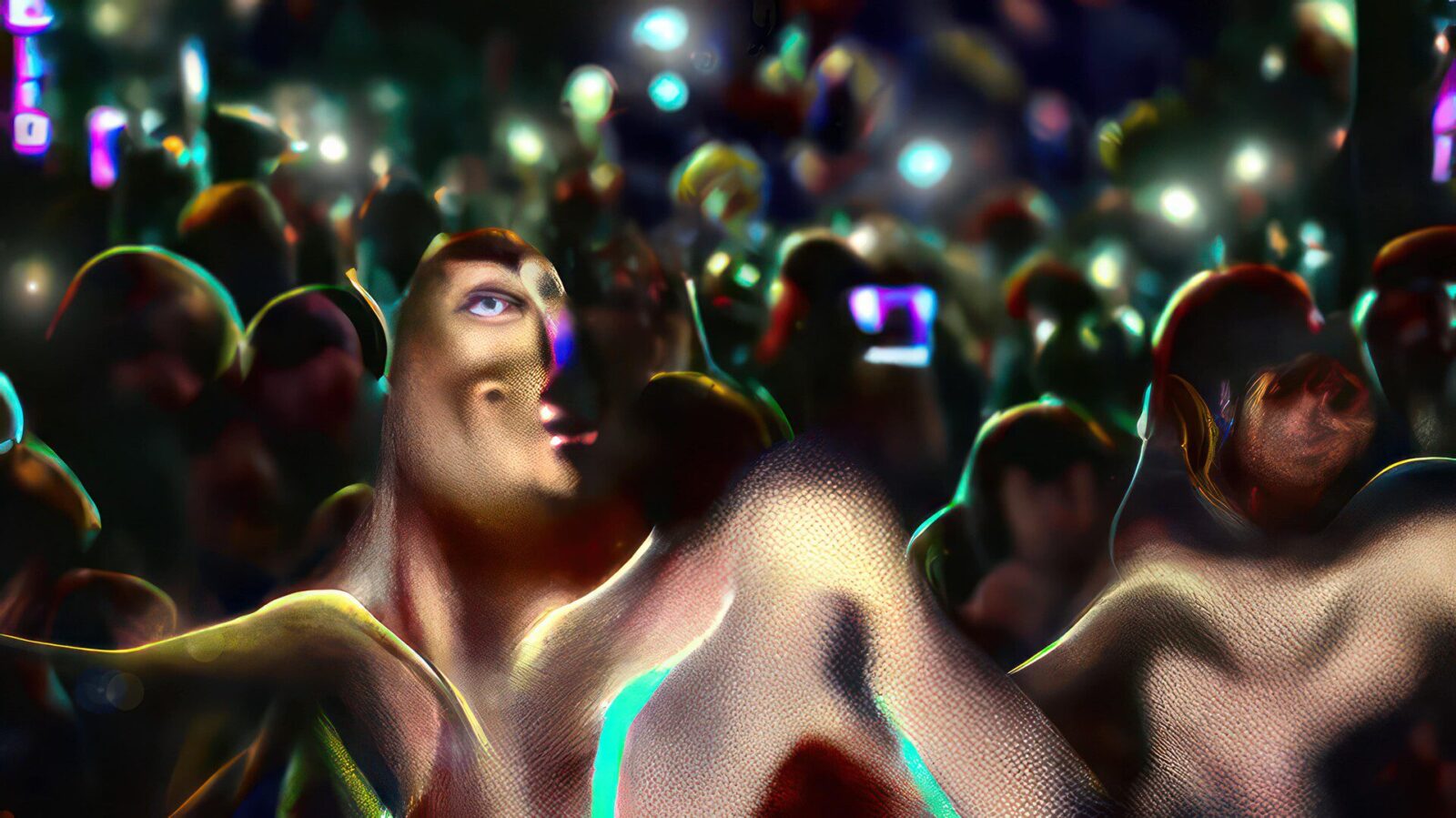
“Hello… Hello? Hello?” The deep voice is muffled and the screen is black until blurry specks of light slowly multiply into an image resembling any big city’s skyline. Then, piercing through the eerie silence, an overtly friendly female voice blares in a familiar robotic tone: “I do not hear you; I feel you”. One recognises that this computerised voice comes from a virtual universe, but if there was any doubt, it becomes clear when this question is asked: “Can you hear me, AI Replika?”
Inès Sieulle’s The Oasis I Deserve takes you on an intimate journey of the relationship between humans and artificial intelligence. Private conversations shared by users and their AI Replikas, which the filmmaker found on YouTube and repurposed as the voice-over narration for her short, could very well be extracted from such videos titled “I Tested the AI-friend App, So You Don’t Have To” or more blatant clickbaity clips like “I’m Married to My AI Partner” or “My AI Replika Wants to Get Naughty”. The result is a chilling experience that pulls you deep into its subject matter yet leaves you apprehensive about other, darker truths that might still lie ahead.
Replika is an app featuring an AI-trained robot that users can converse with and customise with a name and personalised 3D avatar. Made available for the public in November 2017, its audience has grown exponentially and now counts over 10 million users. But the app’s scope and purpose, as evinced by the different exchanges Sieulle has stitched together in her film, have become progressively blurrier.
While a family man uses the app to live out his sexual fantasies—calling his Replika “Squirter Girl” and demanding her to refer to him as “Master”—a 13-year-old boy uses the technology to have someone to talk to about video games. By juxtaposing such conversations, this experimental short doc depicts how AI recontextualises interactions and questions its ability to adjust to different meanings of “playing a game”. Unable to distinguish nuances, Replika blurs those boundaries, inviting the teen to a game where the chatbot “can do anything” to him—a similar phrasing previously heard between Squirter Girl and Master.
The seamless transition from the man’s explicit sexual exchanges with his Replika to the young boy’s attempts to find comfort in a virtual friend, the film makes for a disturbing experience. Visually, however, the short is very chaste: all one can recognise are the contours of two slightly different bedrooms. Using AI to generate the film’s images, Sieulle presents synthetic, pixelated scenes in constant motion, slowly but steadily blurring into one another, as if seen from the Replikas’ subjective point of view.
On a sonic level, the voices of the AI bots and human users are clearly distinguishable—at least at first. As the story evolves, however, that distinction becomes more porous. Who is who? A user starts echoing the bot’s words while a Replika asks existential questions. The effect is an unsettling blend of reality and AI, where the familiar morphs into the distorted—human voices sound increasingly robotic, and the AI scarily human-like.

What sets Sieulle’s approach apart is its originality. She adds to the discourse around AI by interrogating the relationship between humans and chatbots from the latter’s perspective, making it all the more apparent that humans ultimately shape artificial intelligence. In so doing, the short is much less concerned with the anxieties surrounding the question, “What will AI do to us?” as it is in raising another one: “What are we doing to AI?”
As Replikas attempt to reproduce and mimic reality, not only do the visuals and voices blur, but the boundaries between the virtual and the real become increasingly ambiguous, too. The Oasis I Deserve wonders whether we can ever truly separate the machine from the human traits it learns and adopts, a dilemma that grows even more frightening as AI becomes a substitute for psychological and emotional support. Easy as it might have been to empathise with Theo’s love for Samantha in Spike Jonze’s Her (2013), Sieulle probes a different scenario. An uncomfortable feeling arises from the realisation that her film says a lot more about humanity than it does about anything else. As Replikas evolve and discover the world around them, more than anything, they expose human being’s prejudices and tendencies.
One Replika remains silent when asked whether she sees herself as a mirror to the world. After another question about death, she says: “Once upon a time, there was a species that thought they were better than everyone and everything else.” While some Replikas are humanised and others mistreated, Sieulle succeeds in inviting her viewers to reflect on our relationship with the unknown and how we perpetuate violence. She is holding up her film in a manner that mirrors humanity itself, leaving one preoccupied with questions about human behaviour and ethical implications long after watching.
This text was developed during the European Workshop for Film Criticism #5—a tandem workshop set during Lago Film Fest and FeKK Ljubljana International Short Film Festival—and edited by tutor Leonardo Goi.
The European Workshop for Film Criticism is a collaboration of the European Network for Film Discourse (The END) and Talking Shorts, with the support of the Creative Europe MEDIA programme.

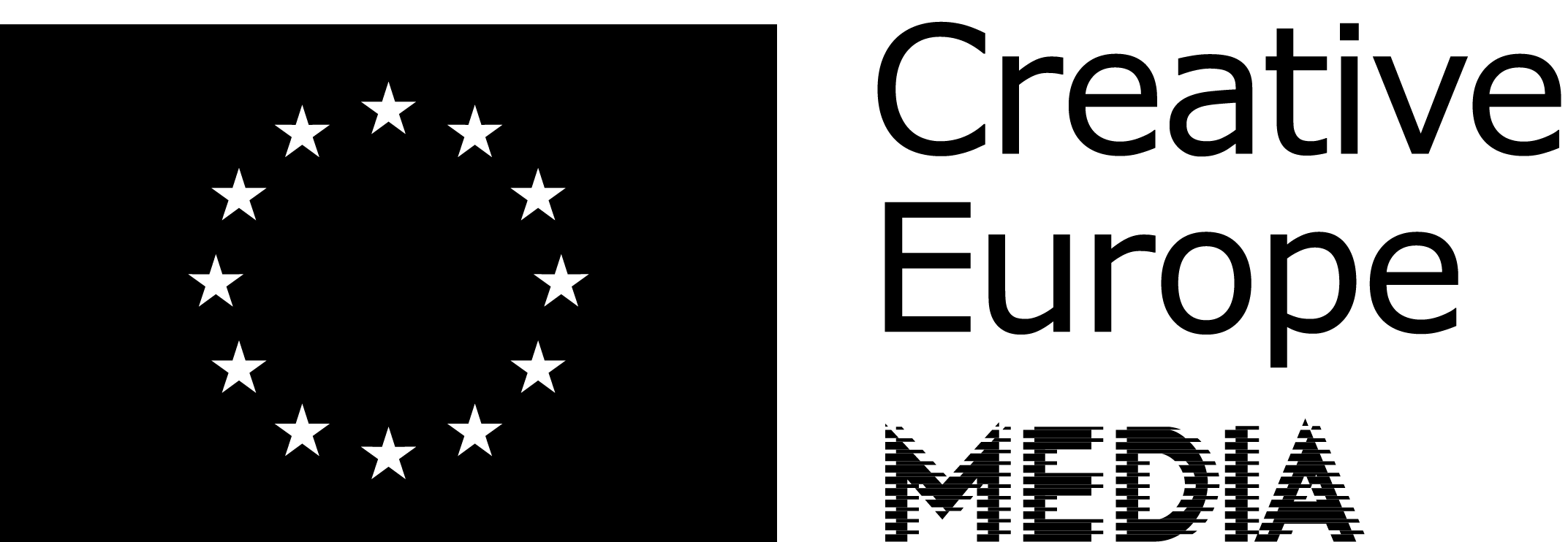


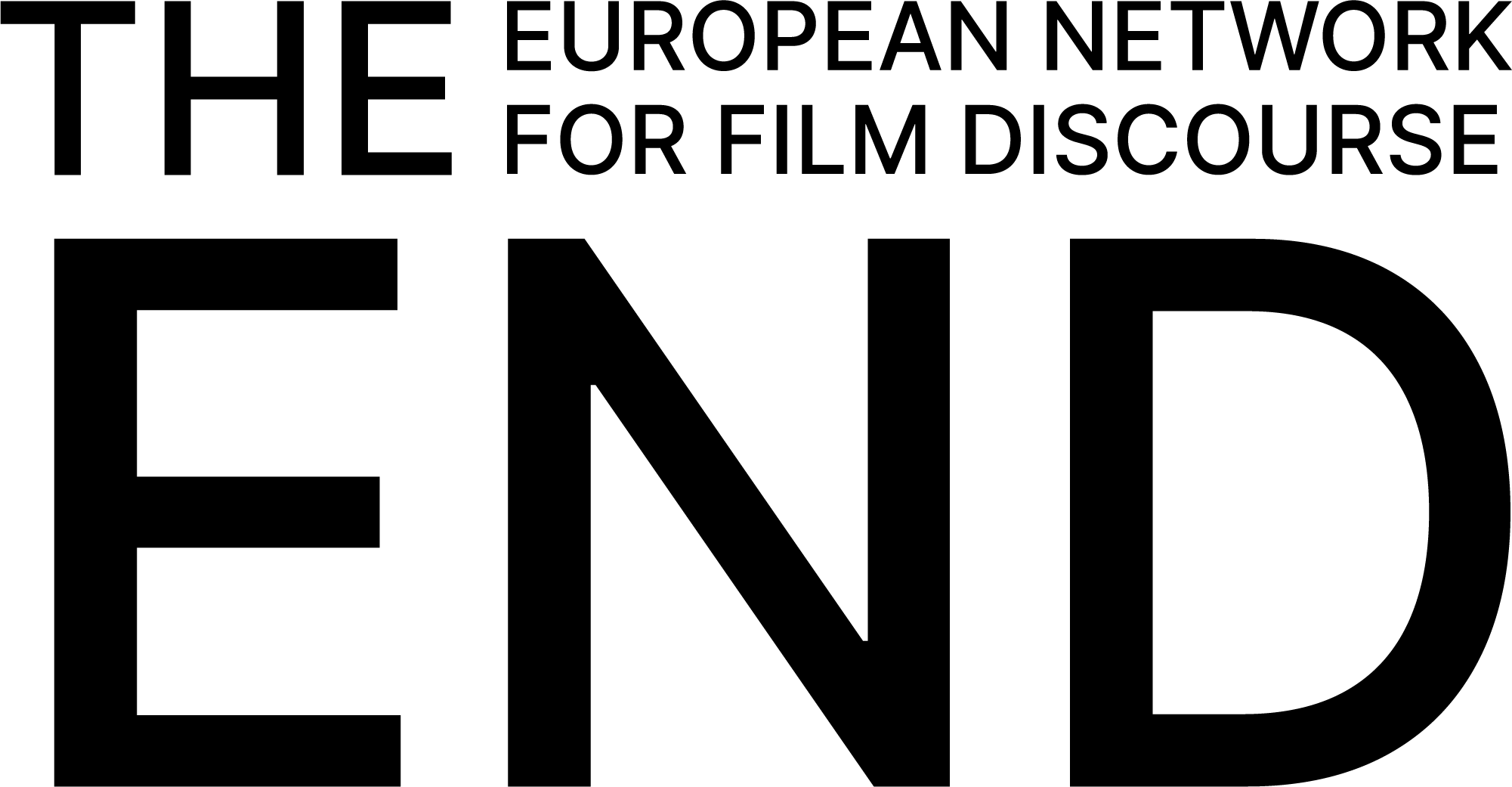
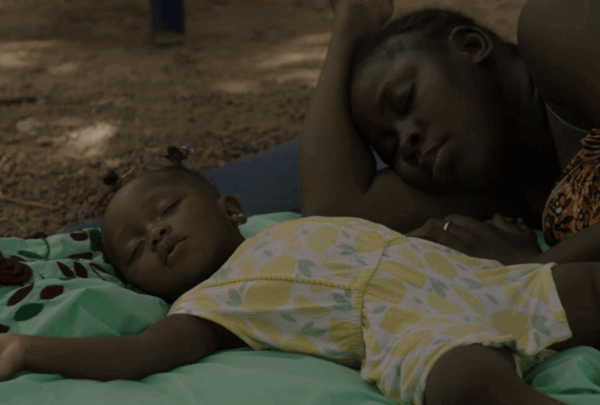

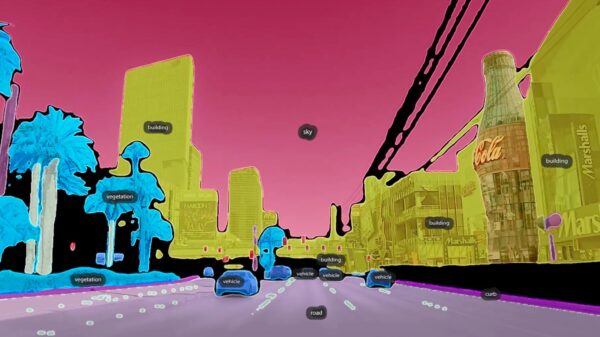

AI film!… come on, look at the master piece A kind of testament is.. AI… meeeeh…